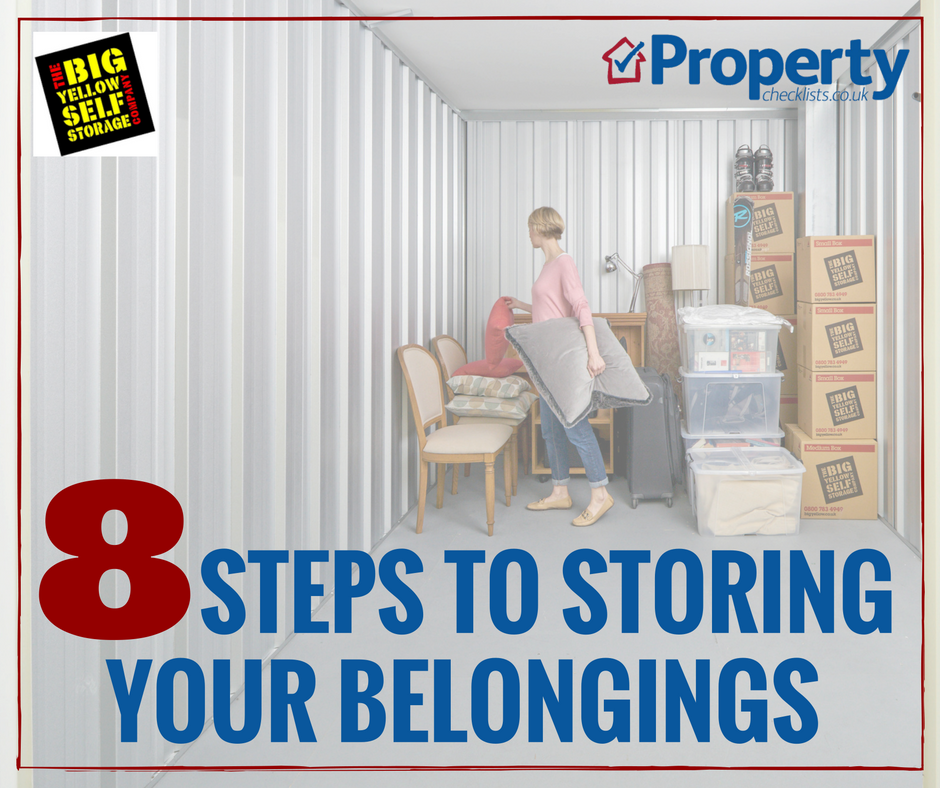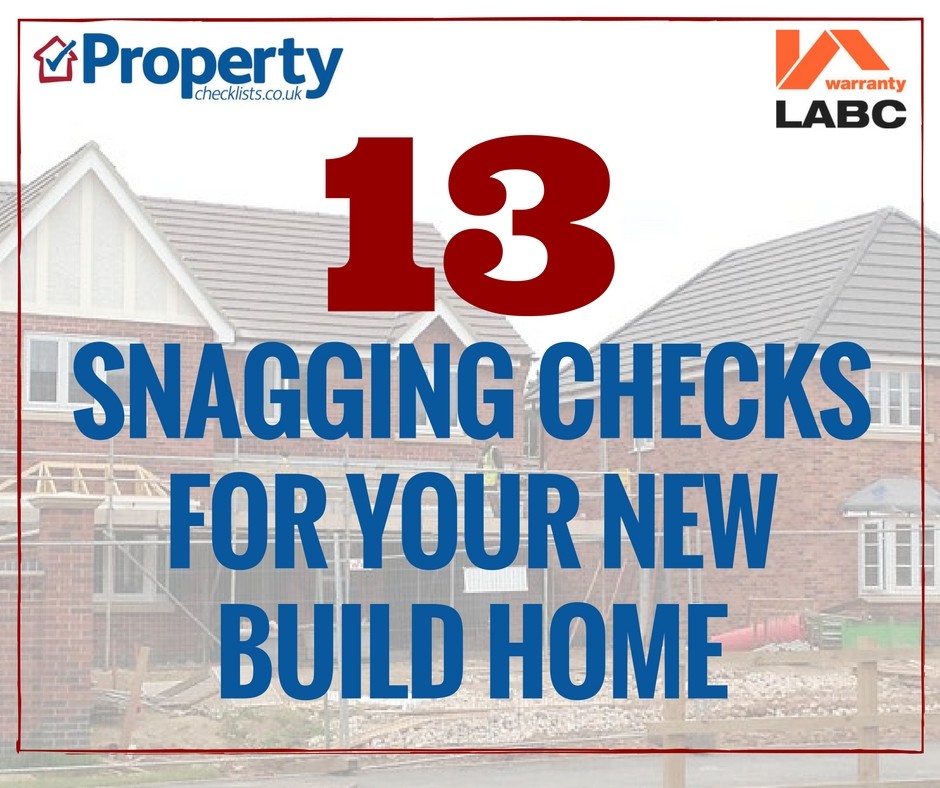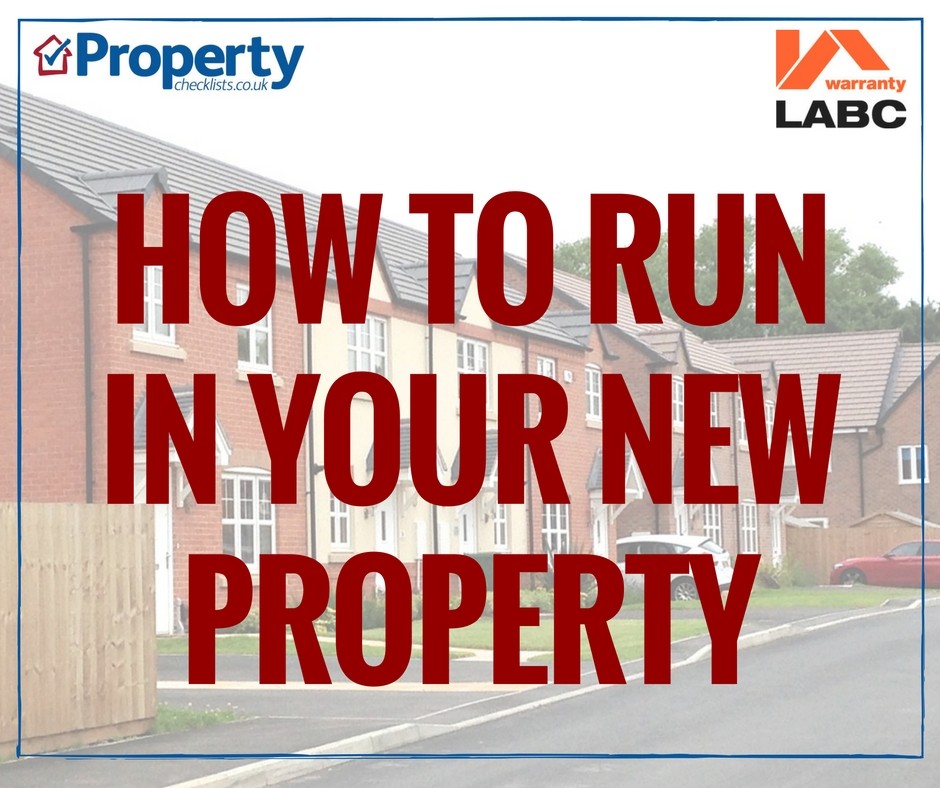publication date: Jul 7, 2020
The good news when trading down is you probably own your property outright - over 50% of homeowners today in England do - or you are likely to have equity which means you when you trade down you won't need a mortgage at all. Alternatively, if you are trading down due to a divorce or a split, you may need a mortgage and it's worth approaching a mortgage broker, such as Habito, Coreco, Ash-Ridge Private Finance and Brooklands Commercial Finance, as they can search all of the market, not just offer particular products.
However, there are downsides to trading down which are worth being aware of:
- If you've lived in the property for more than 15 years, the way you buy and sell has changed dramatically, so you need to understand all the key steps.
- Smaller properties may not be cheaper, depending on location.
- You will need to put aside weeks up to and between exchange and completion to ensure all of your belongings have been downsized.
This is where you can potentially still stay in your home but release some of the money in it. You do this by 'selling' some of your property and receiving a monthly income or organise a 'Lifetime Mortgage' with a first charge to a company who gives you a lump sum.
What do you need to be eligible for Equity Release?
|
- You either own your own home outright or have a small mortgage
- It must be your primary residence and in the UK
- Typically you have to be over 55, and 60 plus is the norm
- The younger you are the less money you will be able to obtain
|
Are there different schemes?
|
- Lifetime mortgages
- Home reversions
|
A lifetime mortgage for Equity Release
|
- This is effectively a loan which you pay back when you die or go into permanent Long Term Care
- The property is sold (might be once you have passed away)
- Your home remains yours as long as you can pay back the money
- You have the right to remain in your property and if you have taken out equity release with a member of the Equity Release Council you will have a 'no negative equity guarantee'
- This means the interest rolls up and you will never owe the provider more than the property is worth
|
Home reversion for Equity Release
|
- This is where you sell all or part of your home (this is NOT sale and rent back which is illegal in the UK). Bear in mind you are still responsible for keeping the property well maintained.
- With a Home Reversion, in contrast to a Lifetime Mortgage, you sell 100% of your property. You have the right to remain in your property, you no longer own it, but effectively live there as a tenant. If you sell a percentage, you still own the remaining percentage.
- The older you are, the more money you can release. The company are paid back when you sell the home/die. Contact Jane King at Ash-Ridge Private Finance
|
- Legal fees can set you back anywhere from around £300 + VAT to over £1,000 + VAT.
- A survey may cost you as little as £300 to as much as £1,500.
- Stamp Duty is payable on properties worth more than £125,000 and increases incrementally depending on the value of the purchase. Although if you own two properties at any point, there could be an additional 3% Stamp Duty surcharge.
- You will need to pay buildings insurance before exchanging contracts. You will typically purchase this with contents insurance and it will usually be a few hundred pounds.
- If you are using a removals company, monies will be payable before moving day, either as a deposit or in full and usually from £150 to over £1,500. If you don't have too much stuff you may be able to hire a van for around £100 or just use your own car for free.
- For more bespoke help, visit the Reallymoving cost calculator.
|
Take your time!
|
- When you are trading down, it may be that you have an idea of what you want, but don't rush into it as you may change your mind during your search.
- It might have been a dream home abroad or in the UK, but is that still the right thing for you? Whatever you do, don't rush the decision, make sure the property and location is right now and into the future. For example, what if you get sick, what if you can't drive? Is there good public transport available?
- Spend time going to new areas you'd like to live and staying there for weekends or for a week - is the location really what you'd hoped it would be?
|
Don't rush into buying in a new area, consider renting first
|
- A good way of working out if your future lies in a different property type and location is to rent there first and hold onto your own home, which you can let out, typically for a minimum of six months.
- Renting for six months or so may cost a few extra thousand at the start, but it won't cost as much as making the mistake of selling up, buying and then having to do it all over again - which could cost tens of thousands of pounds!
|
Research Energy Performance Certificates (EPC's)
|
- The first piece of paperwork you need is an Energy Performance Certificate.
- This has to be available for buyers when the property is ready to be viewed. It shows how well your property is heated and keeps the warmth in.
- The average home is a 'D' rating - anything less than this can mean expensive heating bills, anything more means utility running costs are likely to be lower.
|
Choose a legal company
|
|
Beware of cheap legal or conveyancing offers - they normally miss out key costs you will have to pay and/or offer a rubbish service, so much so you could lose the property you want to purchase.
Some key things to ask:
- Do they offer fixed-fee conveyancing?
- Will they meet you face to face as well as talk over the phone?
- Do they have systems that will update you on progress?
- Here is what a quote should include:
- Legal fees
- Searches
- Bank or money transfer fees
- Stamp Duty
- VAT
Follow our checklists: Quick guide to buying and selling legals and 15 ways to speed up your buying and selling legals
|
Check out sold property prices
|
- There is now a wonderful resource which allows you to see how much your neighbour's property has sold for and others similar to yours - right back to 2000.
- This is a good way of working out what you think your property is worth, before the agents come round.
- This means you can spot the agent overpricing or under pricing your property for sale.
|
Visit an IFA/tax adviser to know what to do with the excess money
|
|
If you are trading down and thinking about how you are going to distribute money to kids or indeed use it for a pension pot, it is essential to go and visit an IFA like Chase de Vere. There are lots of ways to gift money which can be tax efficient but this is really something you need to work with a professional to do.
|
Leaving behind the family home is a major decision that many older people are reluctant to take, for various reasons. These include:
- Emotional connections: it's a huge upheaval to leave behind the family home and all its memories to more to somewhere new. And, if there are no suitable properties in the area, or the move is to be closer to family, valued friends and neighbours may be left behind, too.
- Hassle: The thought of moving all their belongings, broken chains and sales falling through may also put people off. Finding a sympathetic and knowledgeable estate agent to trust may help to alleviate these fears, as will leaving the packing (and unpacking) to a removal company which offers a complete service.
- Wanting space for the family to stay: This is something I can never understand, even though my own mum did exactly this. But why spend tens of even hundreds of thousands of pounds on bedrooms you rarely use? It would cost a fraction of that to put them up in a nearby hotel a few times a year ...which would be a lot less stressful than trying to live under one roof, too.
- Cost: While there are, of course, costs involved in any move, they may not be as high as people perceive, particularly now that Stamp Duty is, in the main, relatively low. It's also important to weigh up these costs against the daily struggles faced by an older person living in an unsuitable home.
Why downsize? These reservations should be balanced carefully against the benefits, of which there are many:
|
- Financial benefits: Downsizing to a smaller, cheaper property, can free up capital which could be used to boost a pension or help out family members with university fees or onto the housing ladder. However, it's vital to seek independent financial advice to ensure any lump sums are given legally and in the most tax-efficient way.
- Home is easier to manage: A smaller home should require less maintenance and, if the move is to a new build or dedicated retirement property, maintenance issues will be non-existent. This is a big issue for older people, being cited as the main reason for downsizing or considering a move by 56% of respondents in the McCarthy & Stone 'Understanding perspectives on downsizing in later life' survey.
- Health benefits: Better health and well-being was reported by 64% of people who had downsized, according to the McCarthy & Stone survey.
- Better social life: While moving away from friends and neighbours can be stressful, moving to a retirement development could be the answer as research shows that residents are less lonely than those in general housing.
|
Brief the agents when selling. Finding the right agent to sell your home is a skill - but one you can learn. Good agents will:
|
- Price your property fairly from the start
- Show you examples of other properties, similar to yours that have sold, saying how many viewings it took to secure the sale
- Advise on what needs changing to sell the property faster and/or at a better price
- Make sure you understand the process of buying and selling
- Offer a 'sales progression' service which means they do all the chasing of anyone else in the chain
|
Top 10 dos and don'ts of selling
|
- Do not put your property up for sale just to see what you can get. It wastes yours and everyone else's time.
- Do make sure you tidy your property and make it presentable for buyers - no-one will offer a good price for a dirty property.
- Don't leave any bare wires or jobs to be done on the property; it will distract people from the good points and you'll end up getting no offers - or just cheeky ones.
- Don't dictate what you think your property is worth, it is up to a buyer and an independent surveyor.
- Do pose as a buyer of your type of property - you need to do some research before you choose an agent and decide on how much to sell it for.
- Do choose your estate agent very carefully and never sign their contract without checking it first - especially the small print.
- Do work out what the minimum is you need to sell your property for, to ensure you can buy your next home or move on.
- Don't automatically buy an Energy Performance Certificate (EPC) from an estate agent - buying it direct from an EPC company can save you £30 or more.
- Don't keep your property on the market if you have fewer than 10 viewings and an offer in eight to 10 weeks. Your property is likely to be overpriced, unbalanced or near to something that is putting people off.
- Do consider any offer that allows you to move on with your life.
|
Once you've found properties to view, use our: 10 questions to ask when viewing a property checklist
- Questions should range from practical things like mobile phone reception and broadband speed to querying why the vendors are selling.
- Always do a second or third viewing before making a decision! Bring a family member or friend for another perspective.
Buying a flat: you need to know about leasehold!
- Most houses are bought on a freehold basis which means you own the property and the land it sits on and are responsible for all the maintenance and repairs.
- Flats are bought on a leasehold basis and effectively you agree to be a 'tenant' of the property, owning and being responsible for the inside of the property, paying a 'freeholder' for the communal and external areas when they need fixing.
Five 'must ask' questions either before or during the viewing:
|
- How long is the lease length? - alarm bells should ring if less than 90 years
- What is the service charge?
- How much is ground rent?
- Is there a 'sinking fund' for major repairs?
- What are the notice periods and payment terms for repairs?
|
Here are some more resources to help you out:
|
- How to choose an expert to value your leasehold extension checklist
- How to choose a leasehold legal expert checklist
- Leasehold extension calculator
- The Leasehold Advisory Service
- ALEP key information for leaseholders
|
Making an offer on a home can be quite stressful. It doesn't have to be though as today it is much easier as there is more information available on what similar properties have sold for.
For more, visit TheAdvisory
Here are our top tips for making an offer:
Similarly to when selling, find out what the seller paid for the property using sold property price data - you will then know if you are buying in a busy or slow market:
- Find out what similar properties sold for in the last few months and use this as evidence to support your offer
- Work out what you can afford to pay, ie deposit, mortgage costs and maintenance as described above
- Don't panic - only offer a fair price you can afford
- And don't forget, it's essential that any offer you do make is made in writing, 'subject to survey' so if you need to renegotiate afterwards, you can
Need more help working out what to offer?
A survey is essential in our view - it is NOT the same as a mortgage valuation you pay the lender for, as this will not protect you if things go wrong.
They will tell you:
- If the property has major issues which are going to cost you a bomb to fix now or in the future
- If you are paying a fair price for the property - or should be paying less!
Take a look at these resources:
- As you should know from buying for the first time, you will need to have buildings insurance in place prior to exchanging contracts but you shouldn't just pick any insurance offer.
- Not all insurance companies are the same. specialise in certain types of property and if you are next to water or in a flood zone, some will not cover you so it is definitely worth checking you are using the right insurance company for your specific property and location.
- In addition, remember you have to maintain your property to a certain standard if you want to make a claim on your insurance in the future. If you have problems with your roof and it turns out it's down to lose tiles you didn't fix or flashing which has failed, then your claim may fail.
For more tips, read our buildings and contents cover checklist
If you are happy with your survey and the vendor is ready to move forward then your legal company and the sellers' will arrange for you to complete and exchange contracts, meaning the purchase will become legally binding. This is the point where you will be required to pay your deposit to the legal company.
Between the agent and the legal company, a date will be agreed for completion ie when you get your hands on the keys and move in.
If the person selling is waiting on their own purchase then things might be delayed - in this situation, called a chain, make sure you keep a calm head and stay in touch with the agent and legal company.
Want to know more about chains? Visit: ViewMyChain.
Once you've got a completion date there are a few things to arrange such as shifting all your belongings, organising your change of address. We have a number of checklists, including the checks to make if you are buying a new-build, to help you work through things so make sure you take a look:













